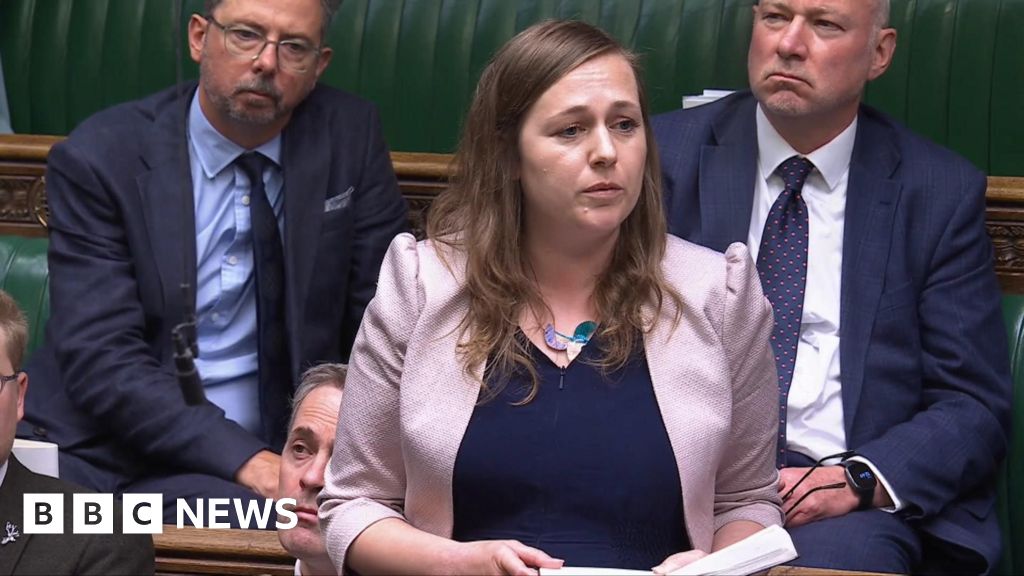MPs have voted to legalise assisted dying in England and Wales after their final debate on the change in the law.
After months of deliberation and scrutiny, the Terminally Ill Adults (End of Life) Bill was backed by 314 votes to 291, a majority of 23.
MPs were given a free vote on the issue, meaning parties did not instruct them what to choose.
The third reading of the bill was the last opportunity for MPs to approve or reject it.
The majority in favour has more than halved since MPs first backed proposals to legalise assisted dying in England and Wales.
In November they supported it by 330 to 275, a majority of 55.
Prior to that, it had been almost a decade since the House of Commons had voted on the issue, deciding in 2015 to reject the "right to die" law.
The bill now passes to the House of Lords for further scrutiny.
The Terminally Ill Adults (End of Life) Bill was introduced by Labour MP Kim Leadbeater.
It proposed letting terminally ill people end their life if they:
- are over 18, live in England or Wales, and have been registered with a GP for at least 12 months
- have the mental capacity to make the choice and be deemed to have expressed a clear, settled and informed wish, free from coercion or pressure
- be expected to die within six months
- make two separate declarations, witnessed and signed, about their wish to die
- satisfy two independent doctors that they are eligible - with at least seven days between each assessment
The bill has since been amended following the committee and report stages, where it was scrutinised line by line by MPs.
Some key changes included dropping the requirement for a High Court judge to approve assisted dying applications, replacing it with a three-person panel featuring a senior legal figure, psychiatrist and social worker.
Other changes explicitly prevent doctors from discussing assisted dying without other options, such as palliative care, psychological support or symptom management.
The amended bill also says independent advocates should be provided for people who have learning disabilities, autism or mental health conditions.
A separate bill on assisted dying is being considered in Scotland and passed an initial vote at Holyrood in May 2025 but is subject to further debate and changes before a final decision.
In March, the Isle of Man was the first part of the British Isles to approve assisted dying.
While it remains illegal in most countries, more than 300 million people now live in countries which have legalised assisted dying.
Canada, Australia, New Zealand, Spain and Austria have all introduced assisted dying laws since 2015.

 3 hours ago
1
3 hours ago
1








